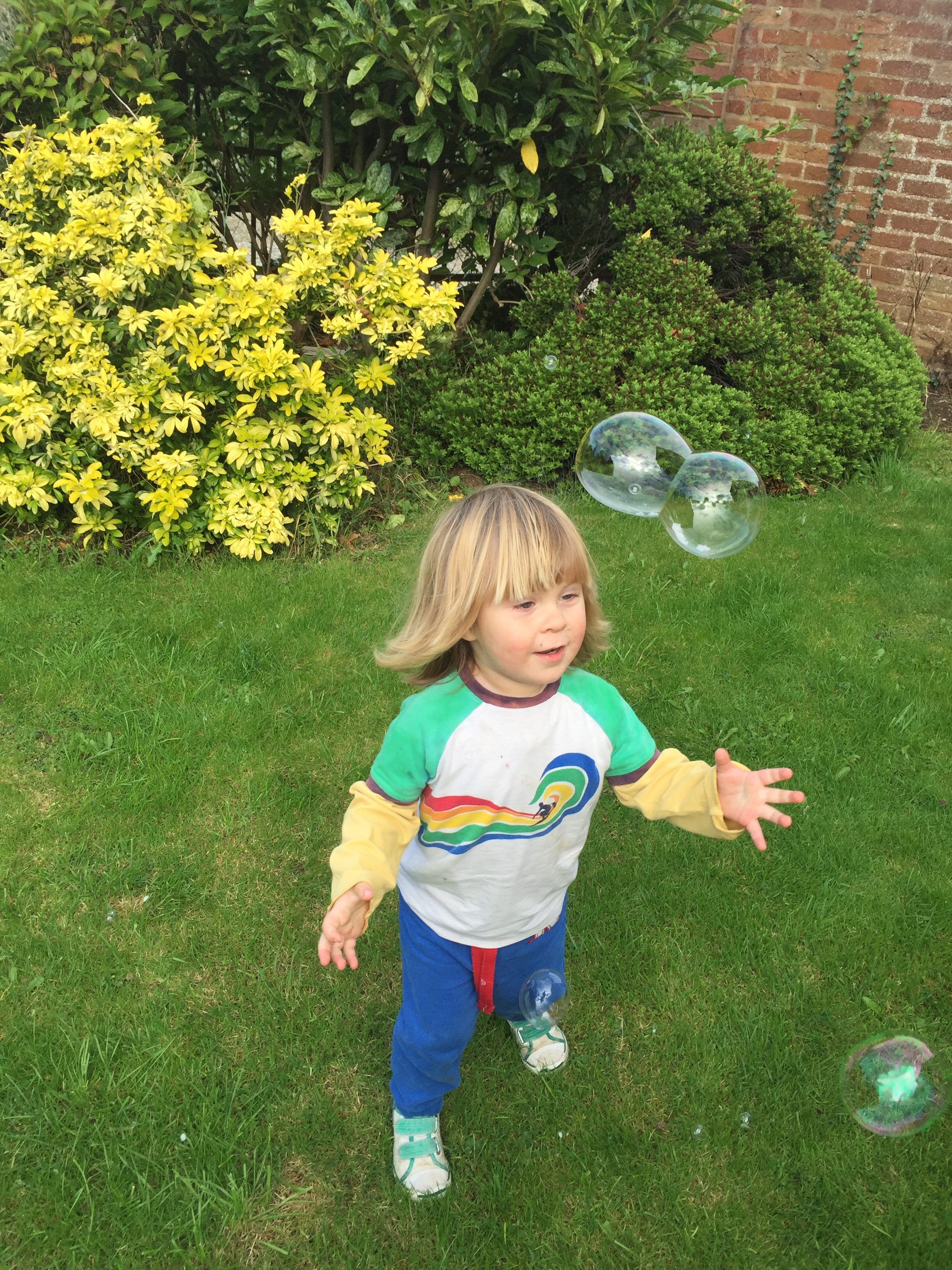Play. It’s a small word with big results. Many new parents may question what the point of play-based learning is in a setting – but the truth is children have a LOT to learn and the first 8 years of their lives are the most important in their development. In the Early Years, learning is happening at a tremendous rate as children use their experiences to make sense of the world around them.
Through play-based learning, skilled educators can introduce and reinforce concepts that we would like children to learn in a way that engages their interests. A bored child, being dictated to whilst gazing out of the window at a sand tray is not an engaged child – and therefore not open to learning. Play-based learning on the other hand unlocks a child’s natural sense of inquiry and discovery through hands-on exploration of the world around them.
Play helps to nurture the imagination and through this children learn essential skills such as problem-solving, working with others, sharing and much more.
Albert Einstein has spoken of a pivotal event in his early years that shaped his successful adult life. As a 4 or 5 year old in bed with an illness, his father passed him a magnetic pocket compass to play with. He spent hours twisting it, wondering how the needle always pointed North. That compass sparked a life-long love of science.
For young children, play can also often be a full-body activity that helps to develop essential skills. Running, dancing, climbing, rolling – these all foster muscle development and fine motor skills.
Additionally play enables a child to mentally and emotionally develop a tool kit needed for adult life. For example, in imaginary role-play children learn to regulate emotions and think before they act when they play. Long term this enables them to thrive in a range of personal and professional environments.
When we think about children playing and un-peel the layers, there is a lot going on. Cognitive skills are honed in role play areas such as grocery shops and hair salons. Physical abilities are developed in building blocks, running, climbing and riding bikes. New vocabulary is learnt daily when playing with new toys (think about dinosaur models!). Social skills are enhanced when playing doctors/nurses and patients and literacy skills are developed when sharing books at story time or chalking on playgrounds.
These are the top 5 reasons that play, both child-initiated and adult-led, is imperative for learning in early years:
- Children learn about the world through play. When they make up a game, move toys around, create their own worlds using their imagination – they are beginning to learn – allowing them to apply their ideas to the real world.
- Children are inherently motivated to play.We know from research that we are most likely to learn when we are motivated. Happy learners are engaged learners, taking something valuable from the experiences they have.
- Play allows children to take charge. Choice and freedom are key components of play and these are powerful tools in building childrens’ confidence and being self-aware.
- Play is social.Being able to build relationships and work together is obviously a huge life skill needed for society. Play can be solitary, but in pre-school settings such as Little Learners’ it is social and becomes a natural environment for children to connect and learn from one another.
- Play enables experiment.Play is a safe learning space in which children can try things out without fear of failure, solve problems through trial and error and use their imaginations to come up with new solutions.

By Jayne Tramontana